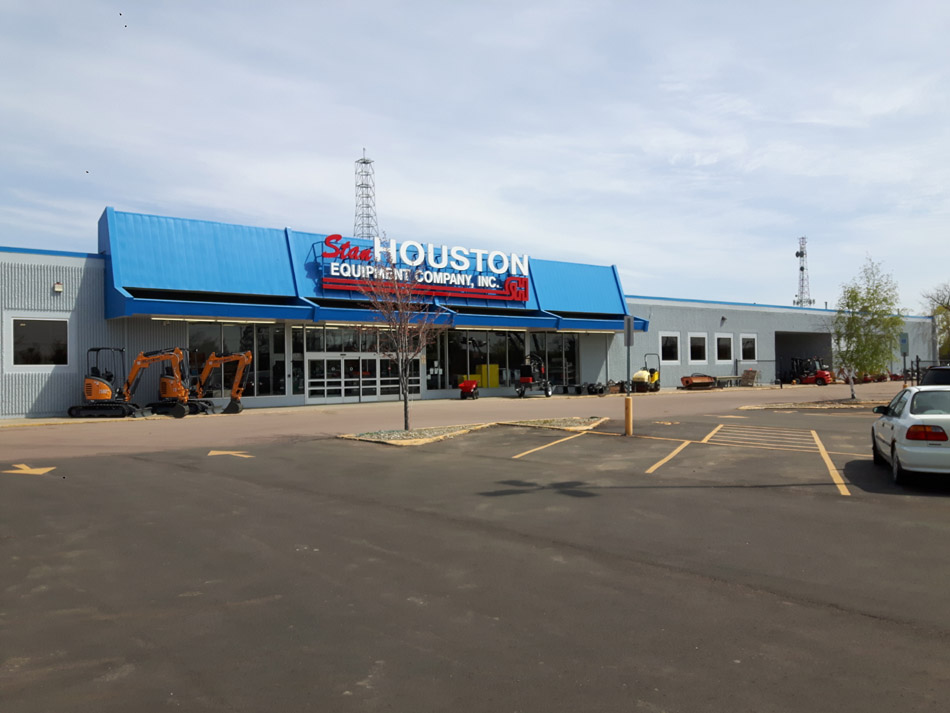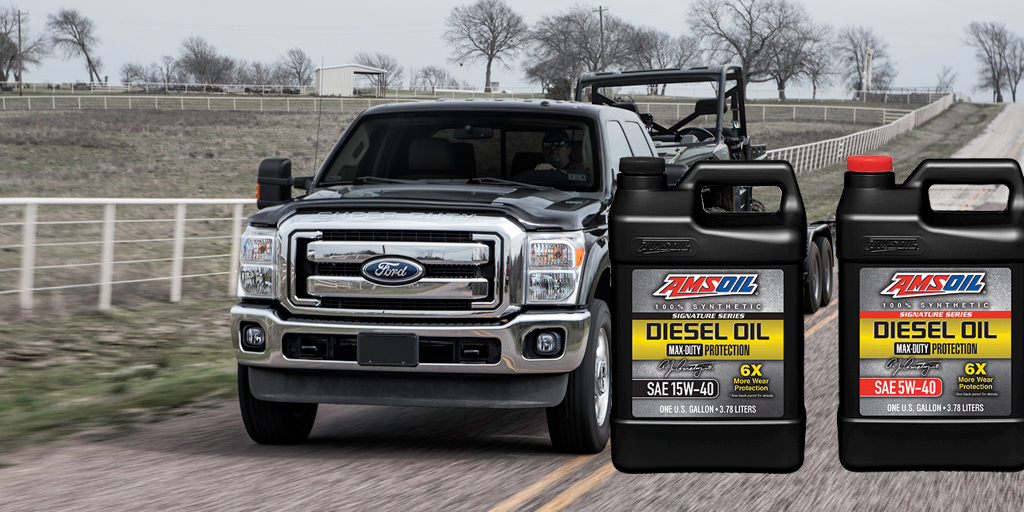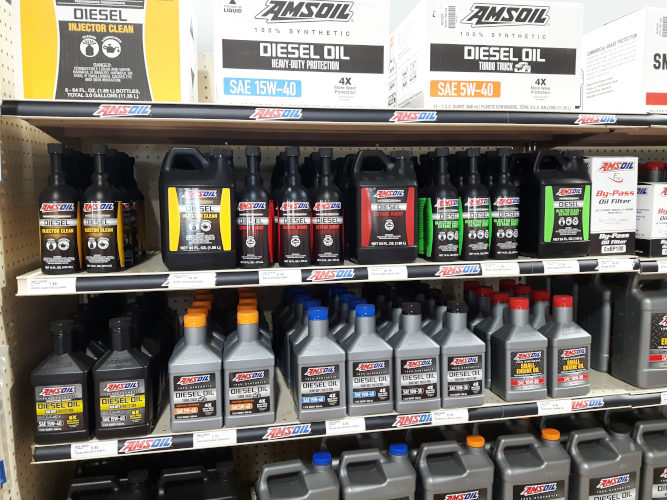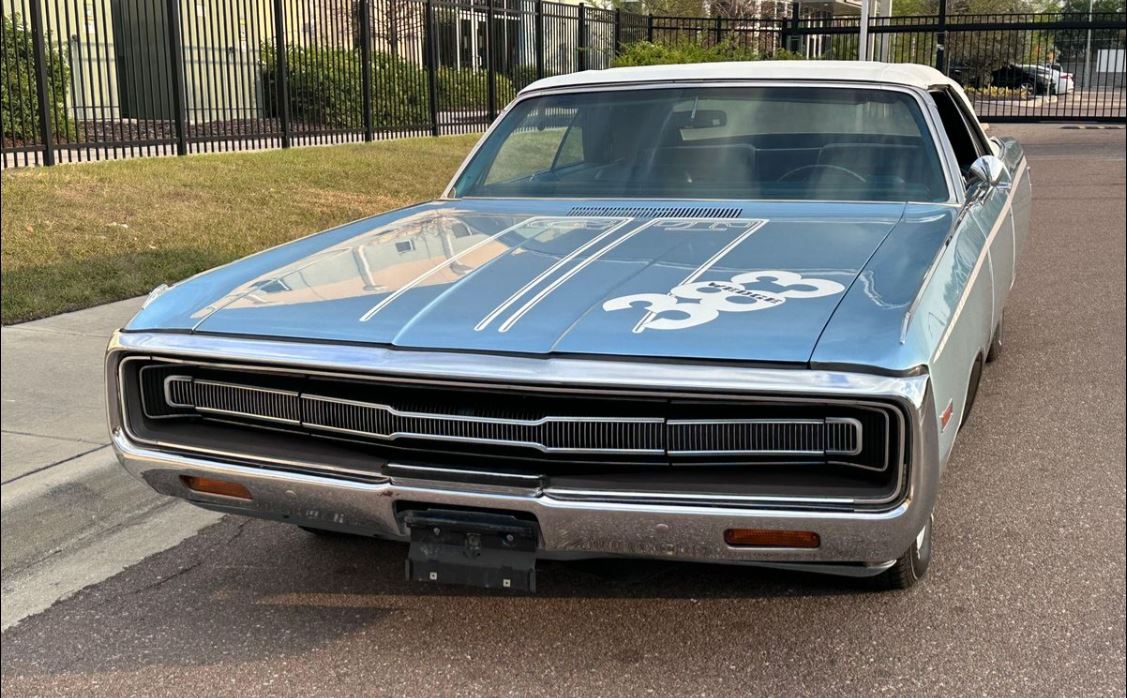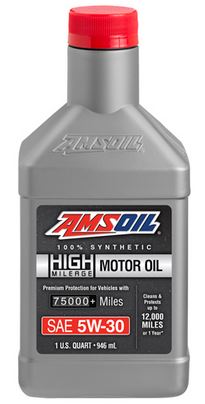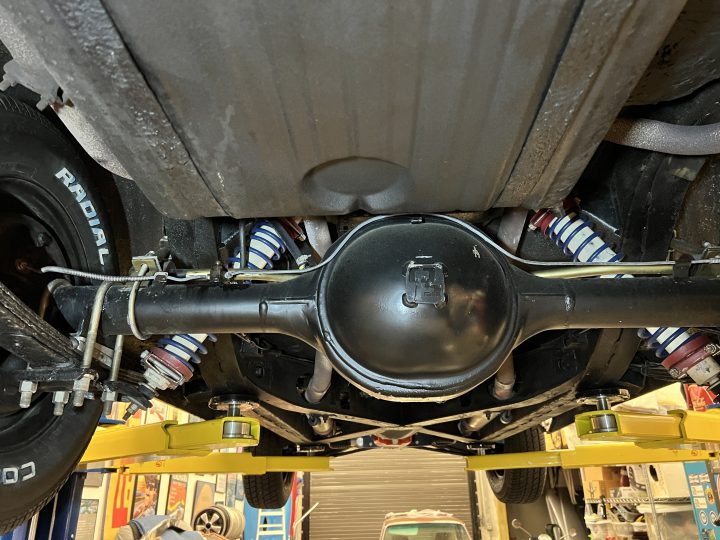CVT Transmission? How Does It work? John Baker|Mar 27, 2019 11:18 AM “CVT” stands for continuously variable transmission. A CVT transmission uses a pair of variable-diameter pulleys and a belt or chain to provide unlimited gear ratios. How does a CVT work? To illustrate, think of a traditional automatic or manual transmission. They’re built with a […]
Steps To Maintain Your Snowblower – Thin
Never Overlook This When Maintaining Your Snowblower John Baker|Nov 06, 2018 10:01 AM Thanksgiving day, 2016. While my family was gathered in my dining room, imbibing spirits and making merry, I was in the shed disassembling the carburetor on my snowblower, reeking of petroleum as rivers of gasoline flowed under my jacket cuffs and saturated […]
Watch Scott Judnick Go Big – And Why We’
Watch Scott Judnick Go Big – And Why We’re Into Snow Lindsay Premo|Feb 21, 2019 2:30 PM At AMSOIL, we like to do things big. And when it comes to the world of Snocross, Scott Judnick of Judnick Motorsports likes to do things just as big. Check out his story below. It’s About the People Twenty-two years ago, […]
The Cost of Owning a Diesel – This Produ
Diesel Fuel Additives – Not an Option in Diesel Ownership Years of reviewing the effects of modern diesel fuel, mechanical issues, costs and designs of injectors, pumps, failures keeps the topic of the misunderstood fuel additive fresh in mind. Impressive In The Field As an AMSOIL dealer, one product I rank in the top three […]
